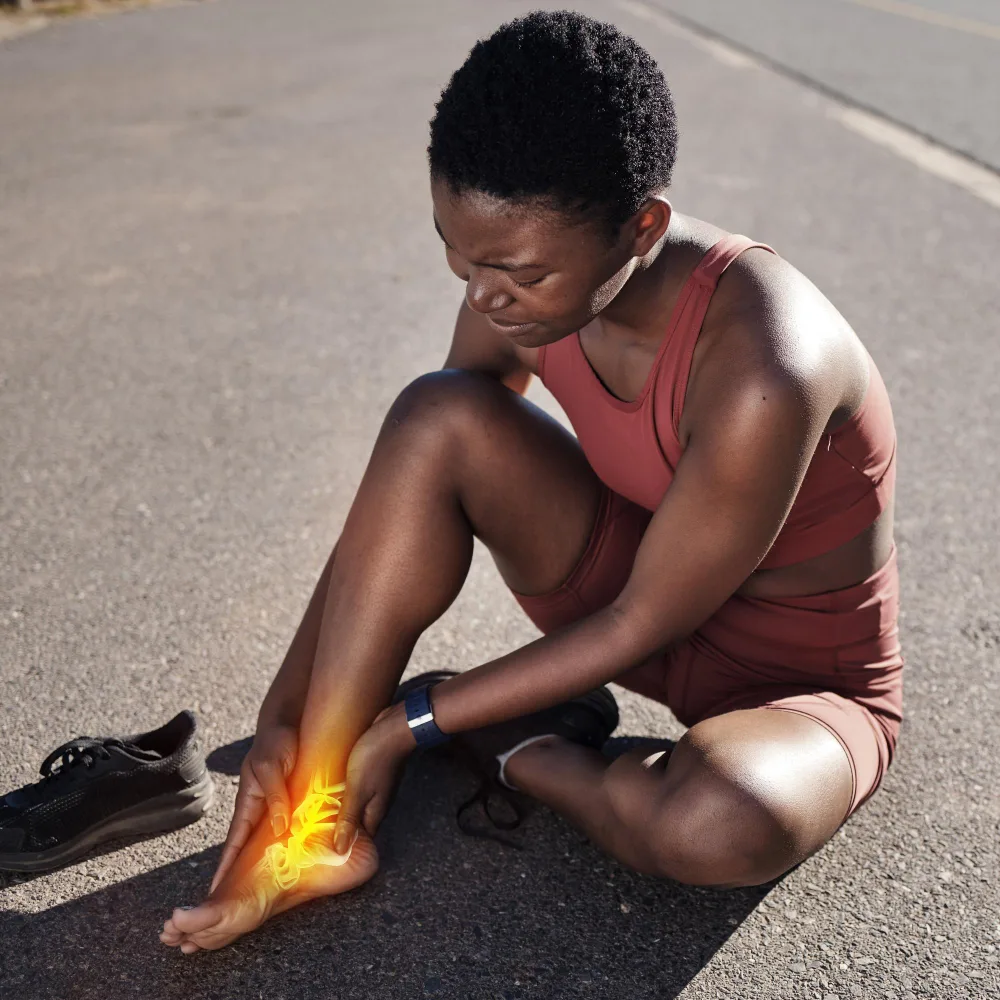JOINT PAIN
What is Joint Pain?
Joint pain refers to discomfort, aches, or soreness in any of the body’s joints, where two or more bones meet. It is a common complaint that can affect one or multiple joints and may range from mild to severe. Joint pain can result from inflammation, injury, infection, or chronic health conditions like arthritis. It can significantly impact mobility and quality of life if left untreated.

Joint Pain Treatment In Kenya
Joint Pain Treatment
Treatment for joint pain depends on its cause, severity, and duration. Common treatment options include:
Medications:
Over-the-counter pain relievers (e.g., ibuprofen, acetaminophen)
Anti-inflammatory drugs
Disease-modifying drugs (for autoimmune causes like rheumatoid arthritis)
Physical therapy and exercise
Weight management to reduce joint stress
Hot or cold therapy for temporary relief
Joint injections (corticosteroids or hyaluronic acid)
Assistive devices like braces or orthotics
Surgery in advanced cases (e.g., joint replacement or arthroscopy)

Symptoms of Joint Pain
Pain, swelling, or stiffness in or around the joint
Redness or warmth in the joint area
Limited range of motion
Joint instability or weakness
Clicking, grinding, or locking sensations
Pain that worsens with movement or after prolonged inactivity
Safe. Precise. Joint Back Pain Treatment

Conditions Associated with Joint Pain
Osteoarthritis – wear-and-tear of cartilage
Rheumatoid arthritis – autoimmune inflammation
Gout – crystal buildup in joints
Lupus – autoimmune condition causing joint and systemic issues
Bursitis – inflammation of fluid-filled sacs around joints
Tendinitis – inflammation of tendons
Injury – sprains, fractures, or dislocations
Infections – such as septic arthritis or Lyme disease
How Joint Pain is Diagnosed
Diagnosis involves a thorough medical evaluation and may include:
Patient history and physical examination
X-rays or MRIs – to view joint damage or inflammation
Ultrasound – to detect fluid buildup or soft tissue issues
Blood tests – to check for markers of inflammation or autoimmune conditions
Joint aspiration (arthrocentesis) – fluid analysis for infection or gout
Risks of Not Treating Joint Pain
If joint pain is not properly treated, it can lead to:
Chronic discomfort and worsening pain
Progressive joint damage or deformity
Permanent loss of joint function or mobility
Reduced ability to perform daily activities
Increased risk of falls or injury
Mental health impacts such as depression or anxiety
Complications from untreated infections or inflammatory diseases
Ready to Take the Next Step?
Whether you have questions, need more information, or are ready to schedule a consultation, our team is just a message away. Let’s talk about how we can support your journey to better health through expert laparoscopic care.
